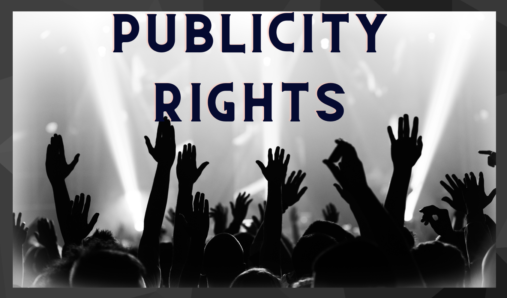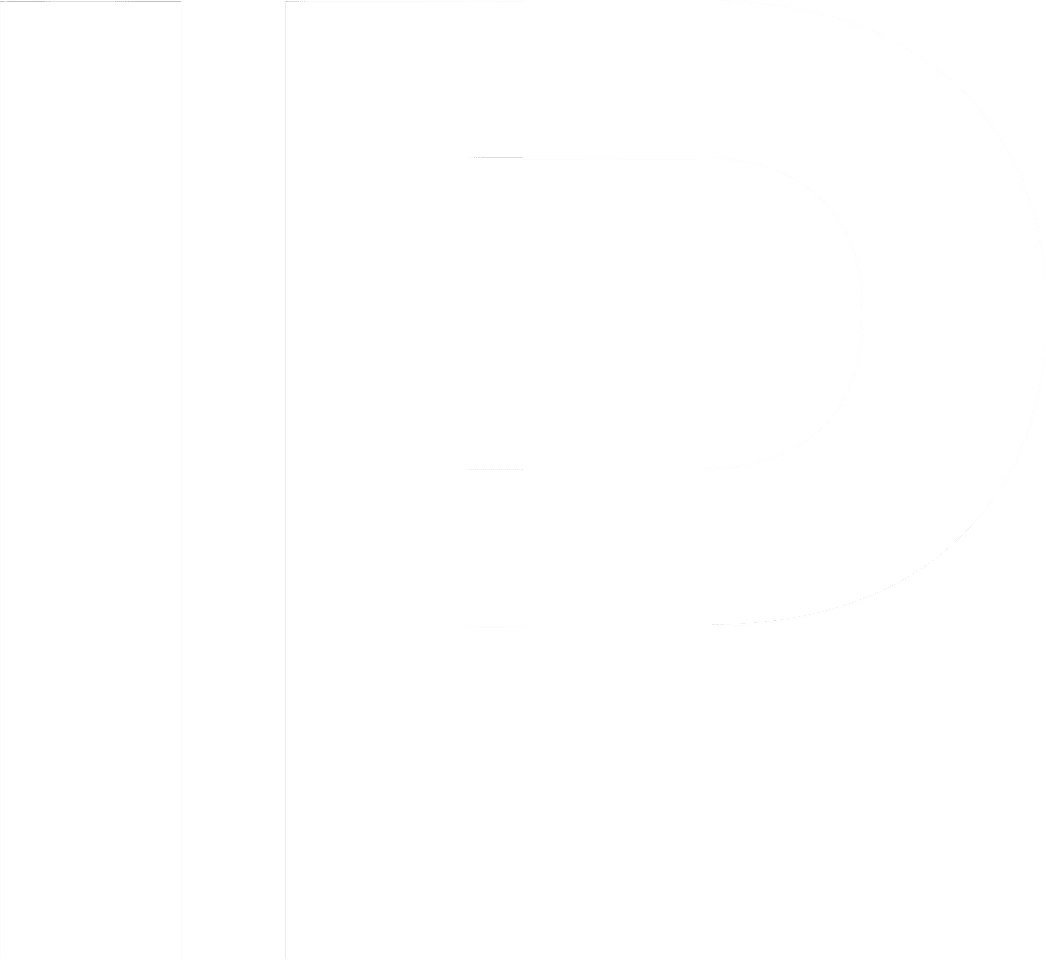
Introduction
In the world of fame and media, it’s no secret that celebrities often find themselves in the spotlight, captured by eager photographers. However, the question of who holds the rights to these photographs and whether they can be used for commercial gain remains a complex and contentious issue. We often see that celebrity images are used in various commercial establishments to attract customers but rarely these are used with permission. This brings us to the question of whether the usage of such photographs is lawful or not, regardless of the person being a celebrity.
Recently, Amitabh Bachchan’s voice and his image had been used by various persons for commercial purposes without his consent. Since he is a well-known person and has publicity rights attached to his name and photographs, the infringers faced legal action. In this article, we analyze the cause of action arising from such unlawful use, while simultaneously assessing the court’s reasoning behind the order.
What Happened In The Recent Amitabh Bachchan Case?
If we speak about the popular show “Kaun Banega Crorepati” (KBC), Amitabh Bachchan is the first name that pops up in our minds. This association of KBC with his name, voice, and image, in general, was the root cause of a recent scam. A fraudulent lottery-winning message with Amitabh Bachchan’s voice from KBC was viral through various social media platforms and many people fell into this trap. Subsequently, Amitabh Bachchan filed a suit in the court claiming a violation of publicity rights.
Some of these were Rajat Nagi, who used the petitioner’s image in various mobile apps and websites, Rana Pratap Singh who used his famous voice in the Kaun Banega Crorepati (KBC) lottery scam, Manoj Publications who used his image in a General Knowledge Quiz book. Also, Tamatina, a company made wallpapers using his photographs. Other companies like GoDaddy.com LLC, and Dynadt LLC registered domains using his name. Due to the extent of unlawful activity associated with the petitioner’s name and personality, the court granted a restraining order on 25th November 2022 against various people and companies.
What are Publicity Rights?
Publicity rights or personality rights are rights of an individual to control the commercial usage of their identities, such as name, image, voice, and any similar characteristics. If the property of a person can be protected, likewise, when a popular celebrity like Amitabh Bachchan faces possible harm regarding his brand, the same can be protected under his right to publicity. Since brand building is a tedious and time taking task, the brand name attached to celebrities is given equal importance, and various celebrities have tapped into the potential behind this. For instance, famous Bollywood actor Shah Rukh Khan has registered his name “Shah Rukh Khan” and the initials “SRK” as a trademark to protect his publicity rights.
Publicity Rights Under Indian IP Law
In India, there is no direct statute that governs publicity rights in the intellectual property law regime. However, Indian law has indirect references for the protection of publicity rights. Through various case laws, the scope of publicity rights has been expanded by the Indian judiciary.
Specific IP statutes such as the Trade Marks Act, 1999 and the Copyright Act, 1957 provide guidance on the matter. The Trade Marks Act, 1999 governs trademark law in India and provides for the registration, protection, and enforcement of trademarks. Under this Act, Sec. 14 provides that if anyone files an application for the registration of a trademark, the consent of the living person must be taken and it should not be falsely or fraudulently obtained. If the registration of the name is of a deceased person and the death has occurred within twenty years prior to the filing of such an application then there must be consent of his/her legal heirs. The definition clause under Sec. 2(1)(m) of this Act depicts that a ‘name’ can be a ‘mark’ which means that if someone’s name is identifiable in public at large, then that name can be trademarked. Additionally, Sec. 9(2)(a) provides that if a trademark is of a deceiving nature that can create confusion among the customers then the mark cannot be registered. Further, the Copyright Act, 1957 governs copyright law in India and provides protection for literary, artistic, musical, and other creative works. Under this Act, Sec. 38 provides that if a person performs a particular performance then that performer shall have special rights regarding that performance. They have rights against the unauthorized usage of such performance. Also, Sec. 57 of this Act provides that if a person does any work then he/she has a right of authorship in that particular work and the author has the exclusive right to use it.
Additionally, there are provisions that accord protection to publicity rights under the Constitution of India, and the Competition Act, 2002. The right to publicity can be interpreted through Article 21 of the Constitution of India which provides the right to life and the right to personal liberty. A person is entitled to the right to privacy, which extends to a celebrity as well and they are entitled to protect their publicity rights on the basis of the wider ambit of Article 21. Art. 19 further provides the fundamental right to ensure the freedom of speech and expression of an individual. It can be interpreted that a celebrity also has that freedom which includes publicity rights. The Competition Act, 2002 provides restrictions on false, deceptive and unauthorized usage of a person’s name or similar characteristics if that is connected to a consumer.
All of the aforementioned create a bundle of rights that aid in the protection of a person’s publicity rights. Since the concept is not specifically defined under the IP statutes, it becomes pertinent to interpret the same under the constitutional provisions.
Essential Ingredients For Violation Of Publicity Rights
There are certain essentials that must be satisfied to establish the infringement of publicity rights.
- Consent
The first and primary requirement is consent. Simply put, no one’s name, voice, or image should be used without their consent. If someone obtains consent and thereby uses it then there is no ground for infringement of the publicity right. Unless consent is obtained, the name or image of the concerned person cannot be used in any manner.
- Commercial purpose
The second essential is that the use of the name must be for commercial exploitation. If the usage does not attract any commercial benefit then it would not amount to infringement. The usage of a person’s name or similar characteristics must be recognizable among the public at large in a particular field. The recognition must be distinctive and unique. If that usage does not direct to any particular famous person then it would not lead to infringement of publicity rights.
For instance, in Titan Industries Ltd. v. M/s. Ramkumar Jewellers (2012), the defendant copied the plaintiff’s advertisement picture containing a popular artistic pose of Amitabh Bachchan and Jaya Bachchan. The court held that the defendant is liable for infringement of the plaintiff’s copyright and misappropriating the personality rights of Amitabh Bachchan and Jaya Bachchan. In this case, the consent of the plaintiff was not obtained and the adoption was clearly to commercialize their popular personality. It became a prime example of a violation of publicity rights because it met all the criteria for such an infringement.
In another case, Gautam Gambhir v. DAP & Co. and Ors. (2017), a restaurant was using a tagline called ‘by Gautam Gambhir’ without any authorization. The famous cricketer Gautam Gambhir alleged that it was an infringement of his publicity rights as he also had a restaurant and the usage was leading to confusion and loss of his goodwill. But the suit was dismissed with the reason that he did not use the name to cause any confusion per se and the scope of the confusion was not among the public at large. Additionally, the plaintiff is well-known in the world of cricket, therefore exploitation of his name by the defendant for commercial gain in the restaurant industry was held to be inadmissible.
The basic elements of publicity rights infringement cases are absence of consent and commercial exploitation. If the name of a celebrity is easily recognizable by the general public and the same is used without legal authorization for commercial gain then it will be considered to have satisfied the test for violation of publicity rights. In Shivaji Rao Gaikwad v. Varsha Production (2015) case, the Madras High Court granted an injunction order against a film named ‘Main Hoon Rajnikanth’ and stated that this will amount to a violation of the celebrity rights of the famous south Indian celebrity, Rajnikanth as those basic elements are present in this case. Also, in Sourav Ganguly v. Tata Tea Ltd. case (1997), the defendant tried to promote its tea packet by using the popularity of famous cricketer Sourav Ganguly. The Calcutta High Court granted a decree in favor of Sourav Ganguly as the defendant’s usage was to commercially exploit the esteemed reputation without any prior permission from the plaintiff.
Available Remedies
If there is any allegation of violation of publicity rights, the aggrieved person may file a civil suit or a writ petition on the basis of infringement of publicity rights along with the intrusion of the right to privacy or for passing off. The aggrieved person may file a defamation suit if the usage has attracted any damage to the reputation of the concerned person under civil law and criminal law as well. A preliminary relief can be sought with exemplary damages and actual damages in the form of an injunction order if the case is a prima facie violation and the balance of convenience is in the plaintiff’s favour. Alternatively, a tort action can be brought under common law. It is important to know that a loss of goodwill is also accepted as a loss besides an apparent commercial loss.
Conclusion
If a celebrity’s name, voice, or other similar traits are being used for commercial purposes, then it would be an infringement of the right to publicity. However, for the purpose of public education, the characteristics may be used. The brand value and goodwill of a celebrity should be legally safeguarded against this kind of swindle, and the current Indian Intellectual Property legislation should be updated to include adequate legislative protections for personality rights/ Recently, famous Indian Cricketer Virat Kohli put up a story on his Instagram saying that his lookalike is selling PUMA products at Linking Road, Mumbai and asked the German sports brand to look into this matter. Even though it was a marketing ploy for Puma’s Black Friday sales, this could be a substantial violation of publicity rights if it was not carried out with consent. This also brought attention to the unauthorized use of the publicity rights of various well-known individuals. Therefore, keeping in mind the current statutes, there is an apparent need to incorporate specific provisions for the protection of publicity rights.
Author: Srijita Adak
